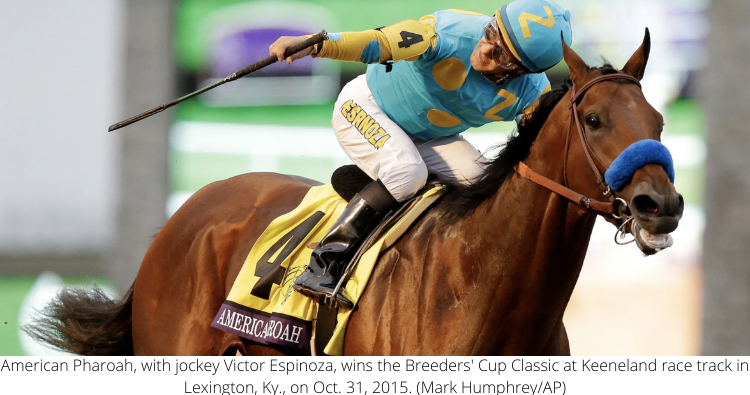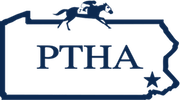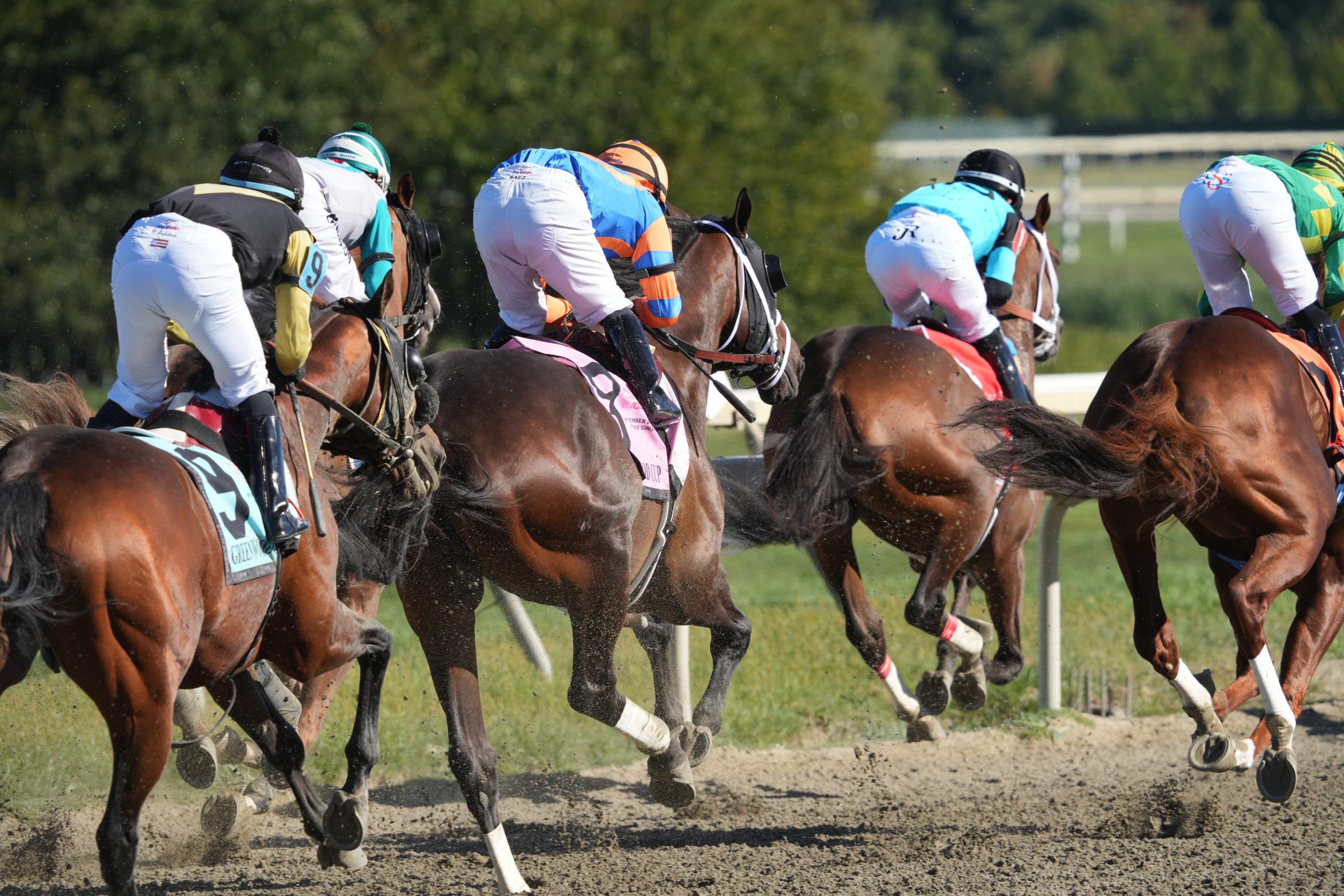
Bob Baffert: Horse racing is in crisis. We need immediate, drastic federal action to fix it.
Nothing is more important than the health and safety of our equine and human athletes, and nothing impacts their health and safety more than the policies and procedures concerning drugs. These indictments show that the current system of 38 state racing jurisdictions, each with its own regulatory body, laws and regulations, is entirely inadequate.
Horse racing is experiencing the most profound crisis in the long history of the sport. To emerge stronger, we must act decisively to protect the horses who are the stars of the show; nothing else will restore the confidence of fans, gamblers and the general public. And that means federal action.
Our horses and jockeys deserve an unbiased, independent national anti-doping authority. Fortunately, the Horseracing Integrity Act (HIA) is moving through Congress. This legislation would create the Horseracing Anti-Doping and Medication Control Authority, a private, nonprofit body with the expertise to set national drug policies, procedures and penalties. For the first time, we would be racing under a uniform, nationwide set of drug rules.
I have held off supporting the HIA until now because I’ve questioned whether the benefits of creating a new layer of federal regulation would outweigh the burdens. However, these federal indictments have convinced me that horse racing needs immediate and drastic action to fix a broken system.
Horse racing is more international than ever, so it’s important that our national policies align with globally accepted international standards and rules. Fortunately, the HIA provides that the U.S. Anti-Doping Agency (USADA) would play a key role in this national governing body. The USADA is universally recognized as having world-class drug knowledge and anti-doping expertise, and it governs anti-doping programs for the U.S. Olympic team and others. The agency is independent, unbiased and would have no agenda other than the best interests of our athletes and our sport. Its oversight would ensure that we have the best possible rules, testing protocols and effective penalties. This in turn would ensure that horses would receive medications only when the therapeutic benefits would clearly outweigh any negative or health-threatening effects, and that the cheaters would be quickly caught and punished.
The HIA was introduced in the House by Rep. Paul Tonko (D-N.Y.) and has strong bipartisan support, with 244 co-sponsors. Companion legislation was introduced into the Senate by Sen. Kirsten Gillibrand (D-N.Y.) and has 24 co-sponsors. The bill is moving, but Congress needs to speed up the pace.
In the past, there has been disagreement about whether a federally sponsored anti-doping body was necessary, and I understand the reluctance of many in the industry to invite Washington onto the track. However, these federal indictments clearly show that a patchwork of 38 separate regulatory bodies doesn’t work and that the losers are horses and all those who love this grand sport.
It is time for the horse-racing industry to unite in support of a national anti-doping regulatory system. I invite all of my colleagues to join me in clearly asking Congress to pass the Horseracing Integrity Act.












